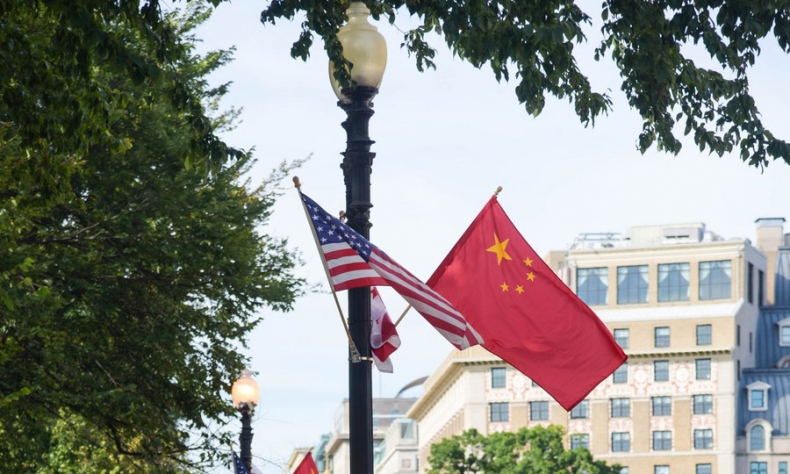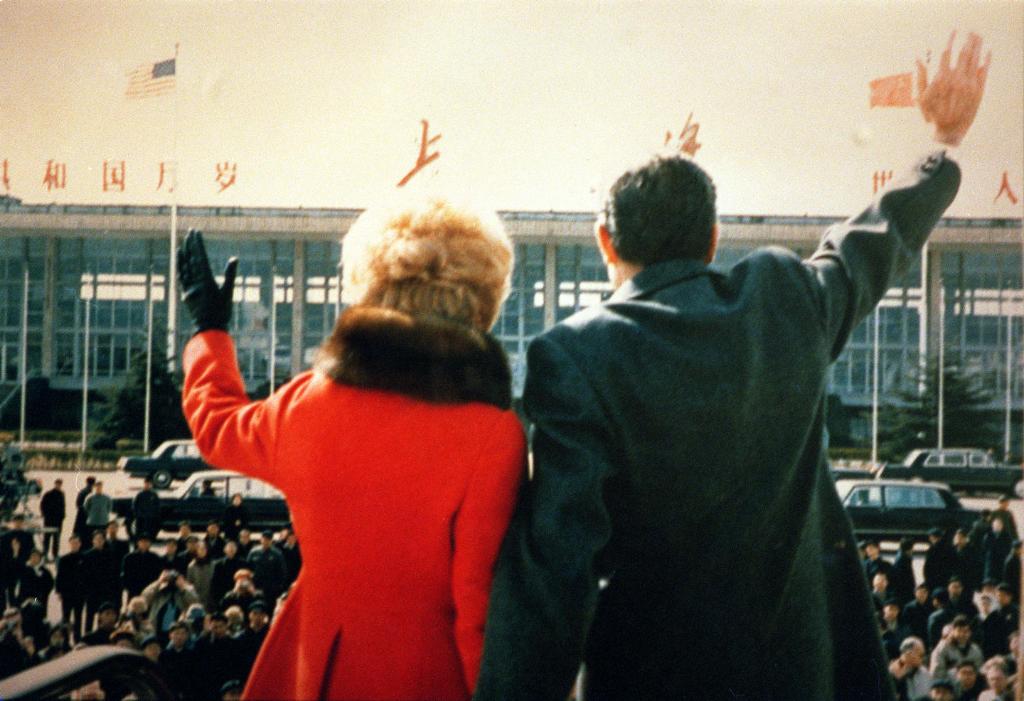Time to Match Words with Deeds

The Taiwan question concerns China’s core interests; there is no room for compromise. Actions, as always, speak louder than words.
During the second virtual meeting between the heads of state of China and the United States within four months, President Joe Biden reiterated the U.S. position of not supporting “Taiwan independence” on March 18. He clearly affirmed the historic significance of the signing of the Shanghai Communiqué 50 years ago, which laid the political foundations for China and America to establish diplomatic ties, and once again stated that the U.S. adheres to the one-China principle.
Nevertheless, developments since the Biden administration took office in January 2021 show that the words of the U.S. did not, and do not, match its deeds.
On the one hand, it insists that it does not support “Taiwan independence,” but on the other, it has upped levels of contact with Taiwan authorities, approved arms sales to Taiwan, and seemingly encourages “one China, one Taiwan” pro-independence actions. For example, Biden signed into law House Resolution 2471, the Consolidated Appropriations Act of 2022, on March 15, prohibiting the issuance of “unclearly marked maps” of Taiwan. Experts consider the signing a “dangerous” step via which the U.S. is trying to blur the one-China principle, also known as China’s “bottom line,” and wage a war of perception against the Chinese mainland.
The Taiwan question, which sits at the core of the Sino-American relationship, is a remnant of a civil war in China and the outcome of the intervention of foreign forces. Relations between the mainland and Taiwan stalled when Kuomintang forces, led by Chiang Kai-shek, fled to Taiwan in 1949 after a civil war. But the sudden outbreak of the Korean War in June 1950 led the U.S. to adjust its foreign policy in the Far East and eventually prevent China’s reunification.

Twenty-two years later, President Richard Nixon’s visit to China marked a breakthrough in the bilateral relationship. On February 28, 1972, the two countries issued the Shanghai Communiqué, in which the Chinese side clearly stated that the Government of the People’s Republic of China is the sole legal government of China; Taiwan is a province of China; the liberation of Taiwan is China’s internal affair in which no other country has the right to interfere; and all U.S. forces and military installations must be withdrawn from Taiwan. The U.S. declared and acknowledged that all Chinese on either side of the Taiwan Straits maintain there is but one China and Taiwan is a part of China.
Nevertheless, the U.S. actually pursues a “two-faced” policy. After China and the U.S. established a diplomatic relationship on January 1, 1979, U.S. Congress passed the so-called “Taiwan Relations Act,” which directly stipulated the U.S. would continue to provide “defensive weapons” to Taiwan.
In 1982, China and the U.S. issued a third joint communiqué, with the U.S. once again promising to resolve the issue of arms sales to Taiwan. But, President Ronald Reagan privately issued the “Six Assurances” to Taiwan, claiming that the U.S. would continue to support Taiwan even if it had earlier cut formal diplomatic relations.
Obviously, self-made domestic laws and private commitments are not legally binding on the international level. Over the past few decades, when the U.S. needed to cooperate with China, it released high-profile statements saying it respected all three historical U.S.-China joint communiqués—the 1972 communiqué (the Shanghai Communiqué), the 1979 communiqué on the establishment of diplomatic relations, and the 1982 communiqué; otherwise, it created friction and conflict between both sides of the Taiwan Straits and considered Taiwan authorities a pawn to contain China.
A mishandling of the Taiwan question will disrupt bilateral ties, President Xi Jinping said during the recent virtual meeting with President Biden. “China hopes the U.S. will give due attention to this issue.” The Taiwan question concerns China’s core interests; there is no room for compromise. Actions, as always, speak louder than words.
 Facebook
Facebook
 Twitter
Twitter
 Linkedin
Linkedin
 Google +
Google +










